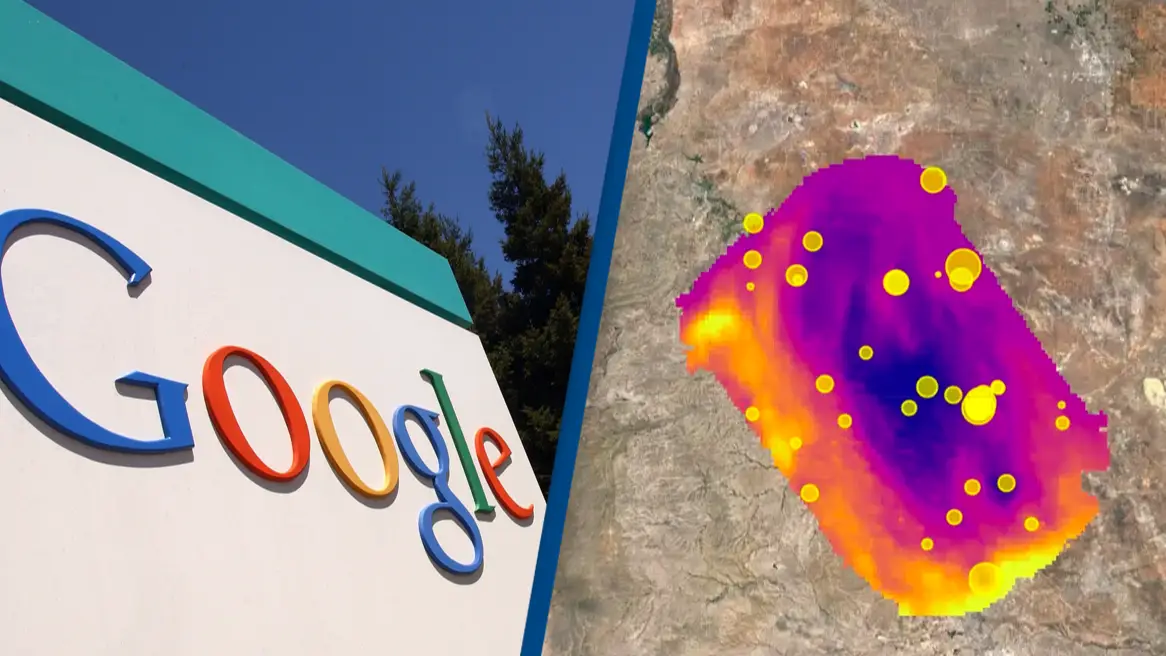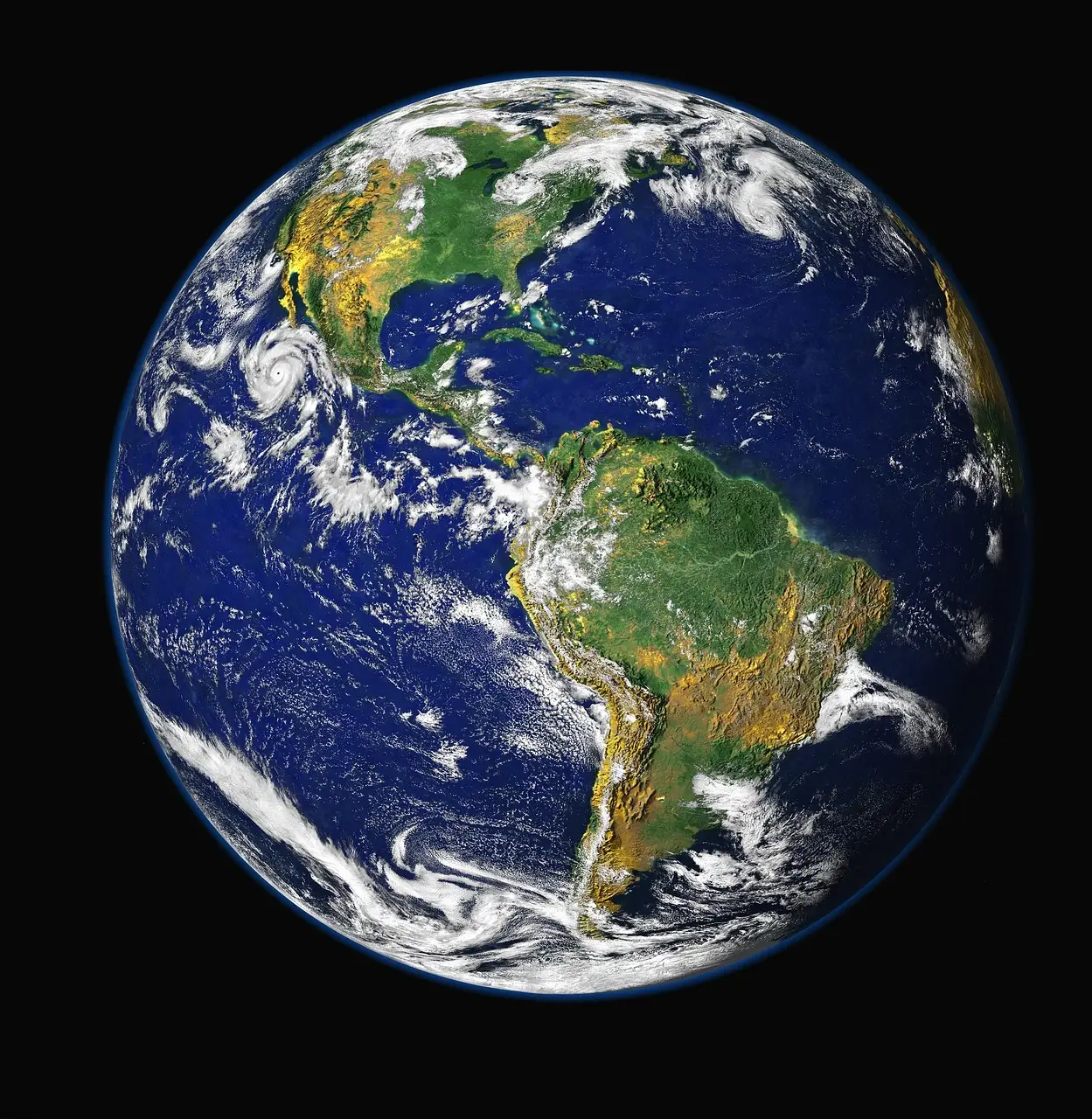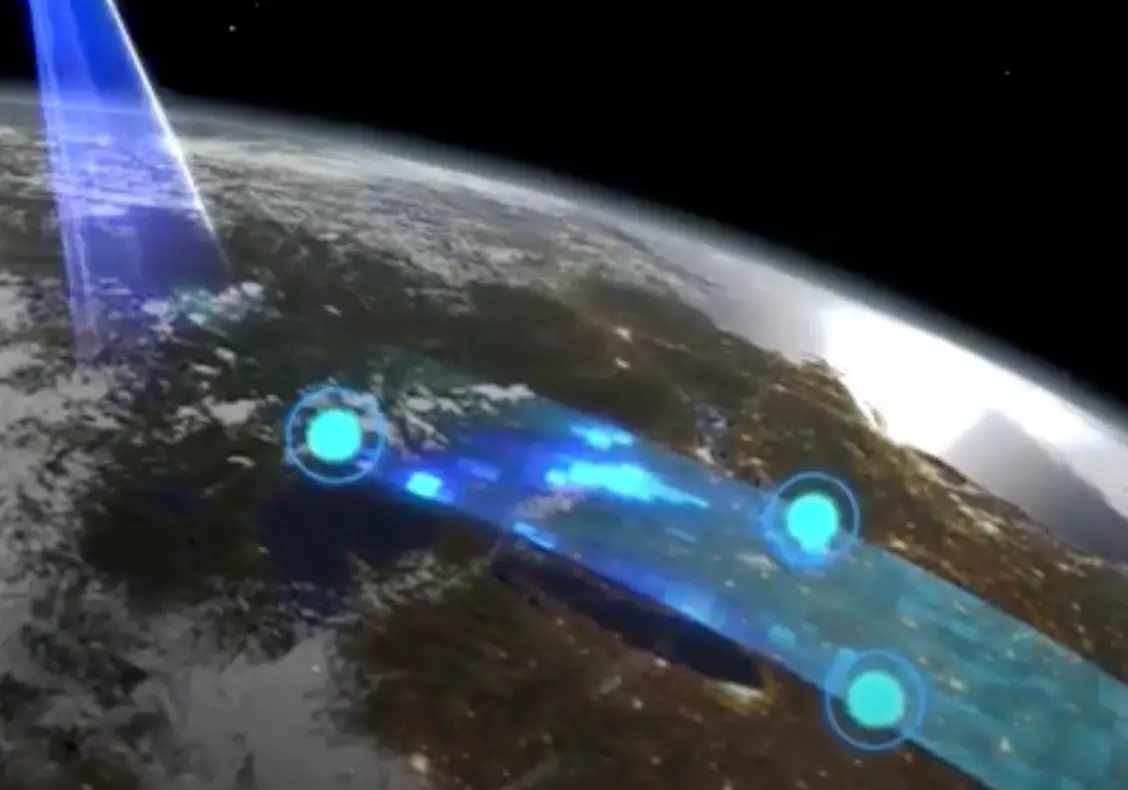
A partnership between Google and the Environmental Defense Fund has seen the development of a new feature which could help fight climate change.
That's right, Google is good for a lot more than just searching the names of actors that you 'KNOW you've seen in something else before'.
The tech company has teamed up with the Environmental Defense Fund (EDF) to collect data captured by a new satellite known as MethaneSAT, which is set to launch next month.
Advert
MethaneSAT is designed to measure methane leaks from oil and gas companies across the globe, circling the Earth 15 times a day to stay on top of any changes.
Over the course of a decade, methane has 80 times the warming power of carbon dioxide. As a result, the gas is believed to be responsible for nearly a third of human-caused global warming.
Google plans to share the data at the end of the year in a feature available to everyone, meaning the satellite will help hold companies accountable for their impacts on the planet.
MethaneSAT has been designed to pinpoint sources of the gas almost anywhere in the world, and will allow Google to use its computing power and AI technology to analyze the data and map frequently changing locations of oil and gas infrastructure across the globe.

The company will map infrastructure in the same way it does trees, crosswalks, and intersections, Yael Maguire, a vice president and general manager of sustainability at Google Geo, explained.
The map will then be overlaid with data from MethaneSAT, helping to inform which types of machinery are most susceptible to leaks.
"We think this information is incredibly valuable for energy companies, researchers, and the public sector to anticipate and mitigate methane emissions in components that are generally most susceptible," Maguire said, per Business Insider.
According to the International Energy Agency (IEA), farming is the largest source of emissions in the way of human activities, followed by the energy sector.
Approximately 40 percent of global methane emissions from human activities are thought to originate from oil, gas and coal operations, with the IEA stating that focus on the energy sector should be a priority.

It's cost-effective to reduce methane leaks, because the gas can be captured and sold using relatively cheap technology.
Speaking to reporters about the launch, Steve Hamburg, the EDF's chief scientist and project lead for MethaneSAT, said: "Globally, 2023 was the hottest year on record.
"The need to protect the climate has never been more urgent, and cutting methane emissions from fossil-fuel operations and agriculture is really the fastest way that we can slow the warming right now."
In order to achieve 'real results', Hamburg stressed: "The government, civil society, and industry need to know how much methane is coming from where, who is responsible for those emissions, and how those emissions are changing over time."
"We need the data on a global scale," he added.
Topics: Climate Change, Environment, Google, Technology